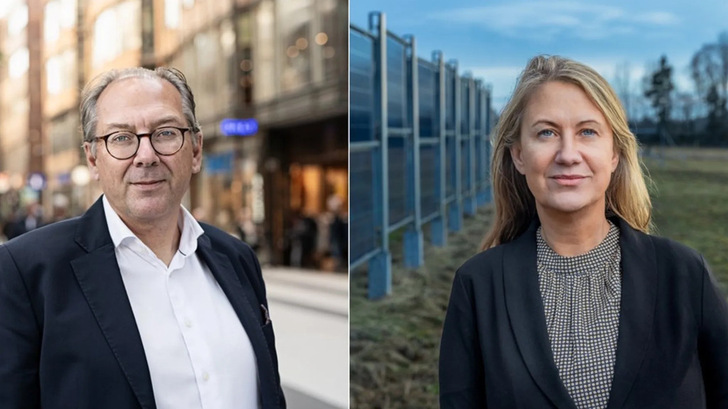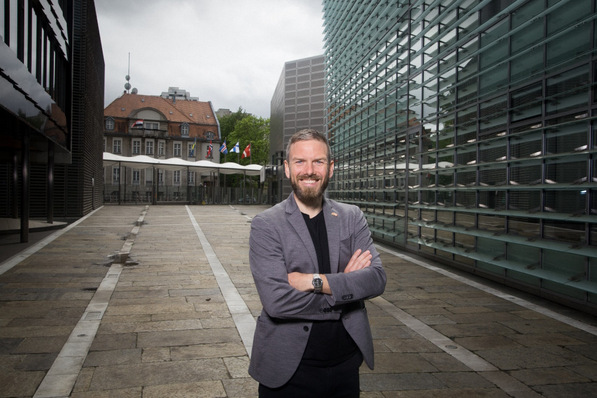In December 2024, the Swedish government commissioned national grid operator Svenska kraftnät to support county councils in coordinating the regional rollout of energy and climate policy – a step that highlights the growing importance of local energy planning in strengthening national resilience.
The county administrative boards are expected to support municipalities and other local stakeholders in energy planning and, specifically, in how energy supply should function in times of crisis. But turning this into practice will require clear incentives and firm political decisions.
No legal definition of energy communities in Sweden
Experience from Ukraine shows that local electricity production plays a vital role in safeguarding energy supply during times of crisis. The county administrative boards must therefore prioritise the promotion of energy communities where neighbouring buildings generate, share and store their own electricity. This would be alongside a broader expansion of solar power.
Integrating energy communities into sector coupling
By strengthening municipalities' opportunities to plan for local electricity production and energy sharing, we can create a more robust and flexible electricity system.
Despite this, there is no legal definition of energy communities in Sweden, which is hampering development. The Swedish Energy Agency has proposed that energy communities be defined in Swedish law, a welcome step that the government should take further.
Several other European countries have used this process as an opportunity to define electricity that is both produced and used within the energy community as collectively self-consumed power.
Swedish Solar Energy Federation: Batteries pose no grid threat
However, we must also create the conditions for energy communities to emerge in practice. The Swedish Energy Market Inspectorate’s latest proposal on virtual electricity sharing – i.e. sharing between end customers via the public grid – unfortunately has significant shortcomings.
The proposal has been criticised by the authority's own reference group for a perceived lack of economic incentives.
Proposed measures
For the development of energy communities to gain momentum in Sweden, concrete political decisions and long-term, stable framework conditions are essential. The Swedish Property Federation Fastighetsägarna and Svensk Solenergi therefore propose five measures:
Abolish energy tax on self-consumed renewable electricity: It is unreasonable to tax electricity that is both produced and consumed by the same actor. The tax discourages investment in decentralised electricity production – a key factor for Sweden’s energy security.
Enable electricity sharing within energy communities without energy tax: Property owners and residents within the same energy community should be able to share electricity between themselves without being subject to the current electricity tax of 43.9 Öre per kWh excluding VAT, when the electricity transmission does not burden the public grid.
Allow virtual sharing of self-generated electricity: Property owners and other actors should be able to share their self-generated electricity on economically sustainable terms, without facing unreasonable charges. Both collectively used electricity and shared electricity from solar installations should be counted as own use when consumed simultaneously with production.
Introduce a two-tariff system: Electricity users should pay lower grid fees when they consume electricity at the same time it is produced locally. In addition, those who hold a share in a solar plant and use electricity during production should be exempt from electricity tax. This would ease pressure on the national grid and strengthen incentives for local generation.
Introduce clear rules for energy communities: The Swedish Energy Agency's proposal to define energy communities is good but must be supplemented with rules that make it easier to join and share electricity in practice.
Calling for clear answers
Sweden cannot build a robust and resilient energy system without exploiting the potential of locally produced solar power and energy communities.
Ukraine – “Renewables strengthen resilience”
Energy communities and increased local production of solar power are needed to secure Sweden's energy supply, not least in times of crisis. We are now calling for clear answers from the government: When will electricity producers and consumers get the tools that they need? (hcn)
This article was first published on Altinget









